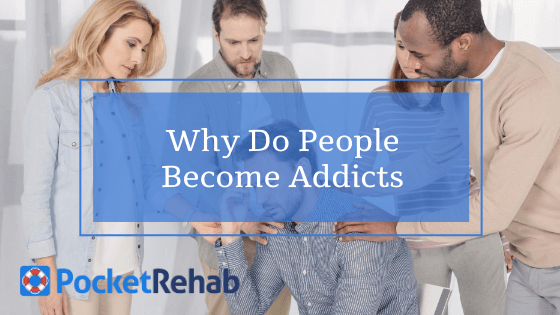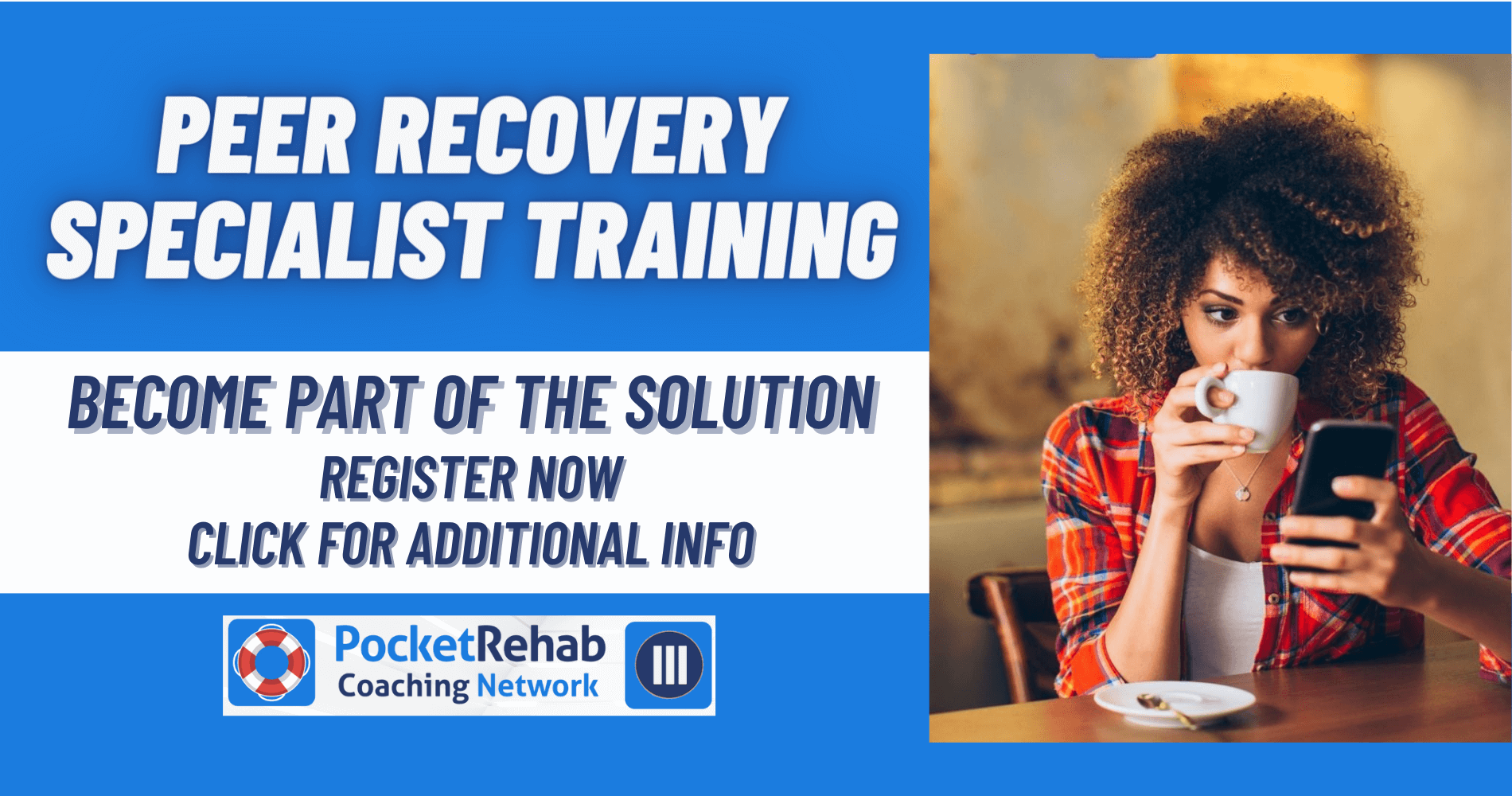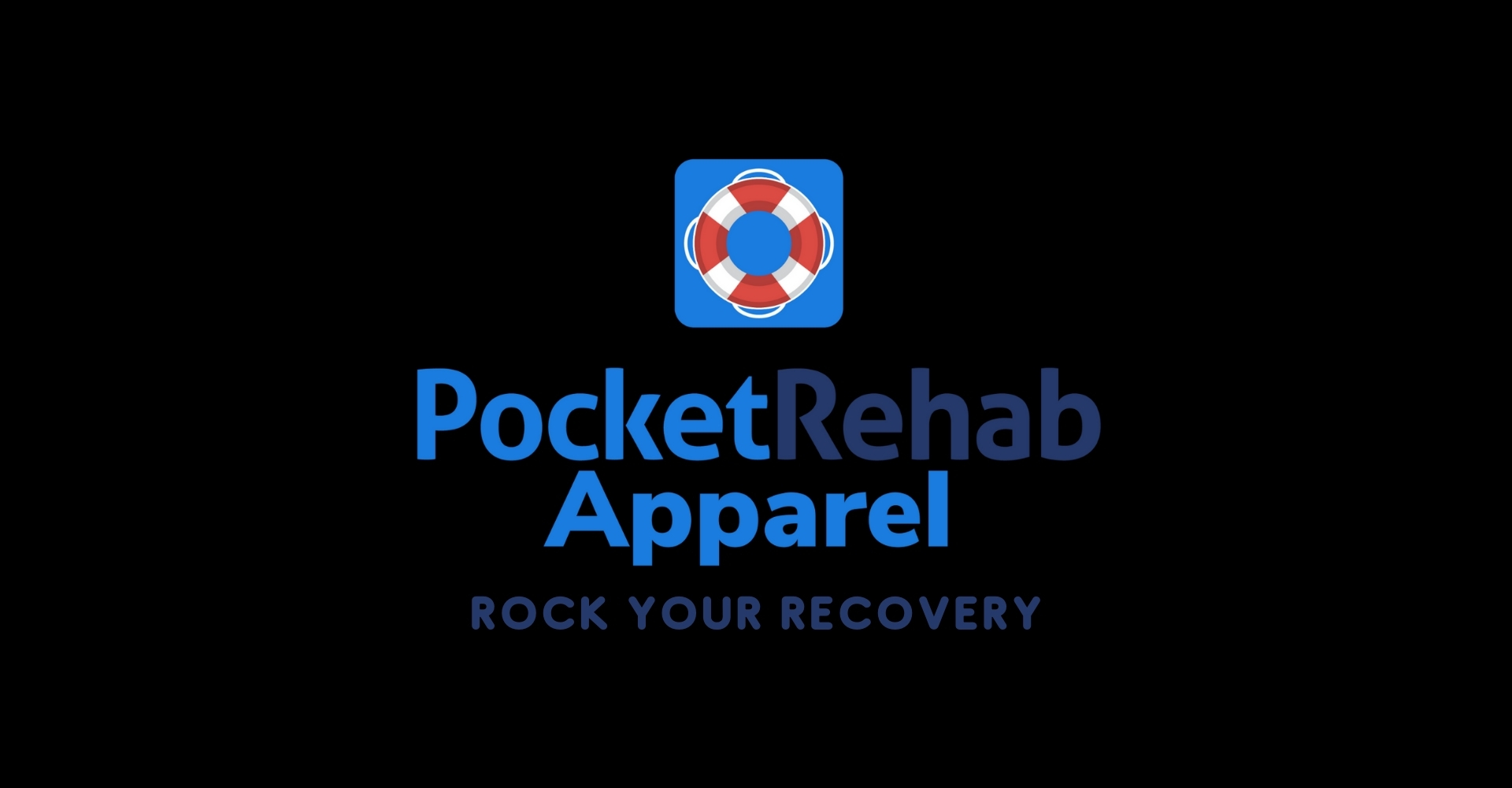Why Do People Become Addicted?

Addiction is a disease that has no bias. It does not discriminate based on age, gender, race, or background. This may leave some people wondering why some are addicts, and others are not. Addiction to alcohol and drugs is a taboo topic in our culture and is often widely misunderstood. It is essential to understand how addiction to substances manifests itself in a person's life. There are several components, including genetic and environmental, that have an effect on an individual's risk of developing a substance abuse disorder. It is impossible to pinpoint one specific gene or factor that qualifies a person to become an addict. However, it is vital to assess the risks so that you become aware of your susceptibility to substance abuse.
Genetic and Environmental Factors
Genetic and environmental factors are two components to consider when understanding why people become addicted to drugs and alcohol. Genes determine many of our traits that manifest themselves in our personality and behavior. A person addicted to mind-altering substances will have many negative consequences as a direct result of their using. However, despite these negative consequences, they are unable to stop using. According to research, genetics make up half the risk for addiction. The other half is known to be the influence environmental factors have in a person's life.
Children who grow up in a home where alcohol and drug abuse are at greater risk of developing a substance abuse disorder. Other environmental factors that may contribute to an individual's risk for substance abuse include:
- Early exposure to excessive drinking in the home
- Alcohol and drug experimentation in early youth
- Aggressive behavior in the home
- Lack of parental supervision
- Sexual abuse
It is essential to analyze genetic and environmental factors while assessing why people are addicted to drugs and alcohol. Addiction is a family disease. Although, not everyone who has an addiction problem in their family will become an addict.
Trauma and PTSD
People who have post-traumatic stress disorder (PTSD) commonly abuse alcohol and drugs to self-medicate. Consequently, people who experience childhood trauma are at greater risk of becoming an addict. Children exposed to traumatic events early in life may be drawn to use substances to mask unwanted emotions, especially if they grew up with parents who abuse substances. "One major theory about the relationship between PTSD and substance abuse is that a person's drug or alcohol use is motivated by their desire to escape or numb the distressing symptoms of PTSD." Substances may temporarily take away negative and unwanted emotions but will not help the user long term. Drugs and alcohol mask the pain brought on by trauma. The user develops an unhealthy relationship with drugs and alcohol because they are unable to address their emotions in a healthy manner.
Individuals who suffer from PTSD and substance abuse disorder are also at risk for other mental health issues, such as anxiety, depression, and bipolar disorder. It is important for people who experience trauma and PTSD to seek professional help from a doctor or therapist so that they can manage their emotions in a positive way. Early childhood trauma leaves an imprint in the brain that changes brain function chemically. Trauma combined with genetic and environmental factors could certainly put an individual at risk for developing a dependence on mind-altering substances.
Mental Health
Mental health issues and substance abuse often go hand in hand. It is difficult at times to understand which came first. People who suffer from anxiety and depression (among many other mental health challenges) may find themselves unknowingly self-medicating with drugs and alcohol. "It is commonly hypothesized that individuals with severe, mild, or even subclinical mental disorders may use drugs as a form of self-medication." Although drugs and alcohol may temporarily alleviate symptoms of mental illness, they can make problems worse for the addict, both short-term and long-term. For example, alcohol (classified as a depressant) may make feelings of depression worse in the long run. It is essential to acknowledge and treat mental health problems and find healthy coping mechanisms so that drugs and alcohol are not a temptation to self-medicate.
Individuals with mental illness and substance abuse disorder may display more severe and persistent symptoms, such as chronic relapse. It is essential for a person who suffers from mental illness and substance abuse disorder to be treated with the necessary medication and support. It is very common for people to have a dual diagnosis and recommend long-term treatment to prevent relapse and achieve long-term sobriety.
Treatment
Addiction to drugs and alcohol is becoming more widely accepted and understood in our culture today. Our society is starting to gain a better understanding and more compassion than ever before for people who suffer from a substance abuse disorder. There are many different types of treatment options that are available. What is right for one person may not always be suitable for the next. It is important to consult a medical professional to understand what works best for you. Treatment options for alcohol and drug abuse include inpatient treatment, outpatient treatment, detox programs, sober living environments, 12 step programs, therapy, and many more. Some individuals may find that utilizing several of these options may work best for them. Seeking treatment will help a person achieve sobriety and find the underlying cause of what attracted them to use substances in the first place. It is also highly recommended to find a support group and let friends and family know how they can best support you. Human connection is vital in recovery from drugs and alcohol.
Help is available, and we're here to help you and/or your loved ones get on the right path and get free from the burden of active addiction. Download Pocket Rehab today for free and get access to the 24/7 resource for people struggling with addiction and mental health.
Learn more here.
Tags: Addiction, Addicts, Trauma, PTSD, Post Traumatic Stress Disorder, Risk, Mental Health, Mental Illness, Rehab, App





